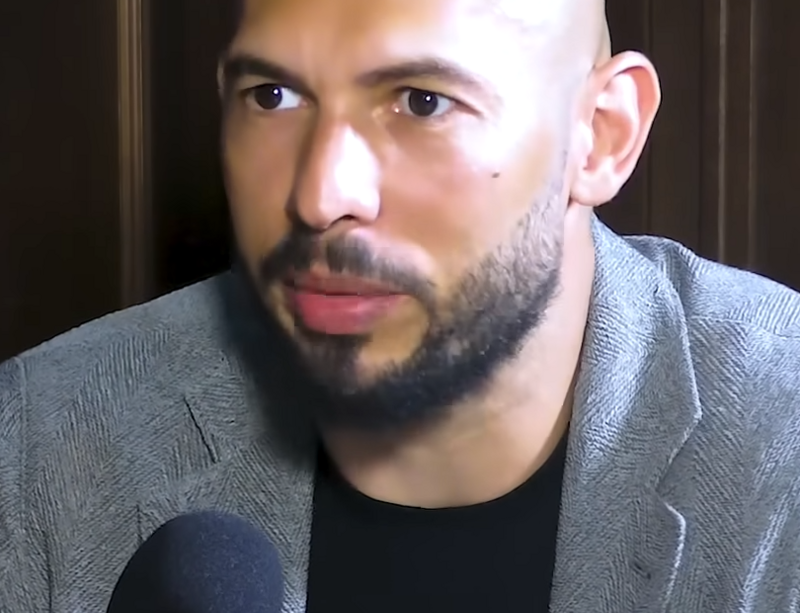The Influence of Andrew Tate in Social Media Discourse

Introduction
In recent years, Andrew Tate has become a polarizing figure in online discourse, with significant influence over discussions related to masculinity, success, and social dynamics. As former professional kickboxer, businessman, and now viral social media personality, Tate’s controversial views have ignited passionate debates and garnered a substantial following. Understanding his impact is essential to grasp the evolving nature of social media culture and the sentiments surrounding gender discussions in 2023.
Background
Andrew Tate first rose to prominence as a kickboxing champion and later gained notoriety through his reality TV appearance on ‘Big Brother UK’. However, it was his foray into the digital realm that truly set him apart. Utilizing platforms like Twitter, Instagram, and TikTok, Tate’s content often emphasizes themes of wealth, personal empowerment, and traditional gender roles. His provocative style has earned him both fans and critics, sometimes leading to platform bans over his statements.
Controversies and Criticisms
Tate’s views have sparked significant backlash, particularly regarding his comments on women and relationships. Critics argue that his rhetoric promotes toxic masculinity and misogyny, which can have harmful societal implications. In 2022, his controversial opinions led to his suspension from various platforms, including Twitter and Instagram. However, his return to social media has reignited discussions about the responsibilities of influencers and the impact they can have on youth culture.
Current Developments
As of 2023, Andrew Tate remains a topic of heated debate across social media platforms. Recent discussions around his views have been further fueled by ongoing legal challenges and allegations related to human trafficking in Romania, where he currently resides. The legal proceedings have drawn significant media attention, spotlighting the complexities of the influencer culture and raising questions of accountability in the online world. Supporters of Tate remain vocal, viewing him as a champion of free speech, while his detractors continue to advocate against the normalization of his controversial philosophies.
Conclusion
The ongoing conversations surrounding Andrew Tate underscore crucial issues within our society about masculinity, influence, and the role of social media in shaping public discourse. As information spreads rapidly and opinions clash, observing the outcomes of Tate’s legal challenges and the public’s response to his ideologies will be significant. The discourse he incites adds a layer of complexity to our understanding of how individuals engage with, and are influenced by, the digital content they consume. In an era where social media can propel individuals to fame overnight, examining the implications of that influence remains vital for readers navigating these multifaceted conversations.









